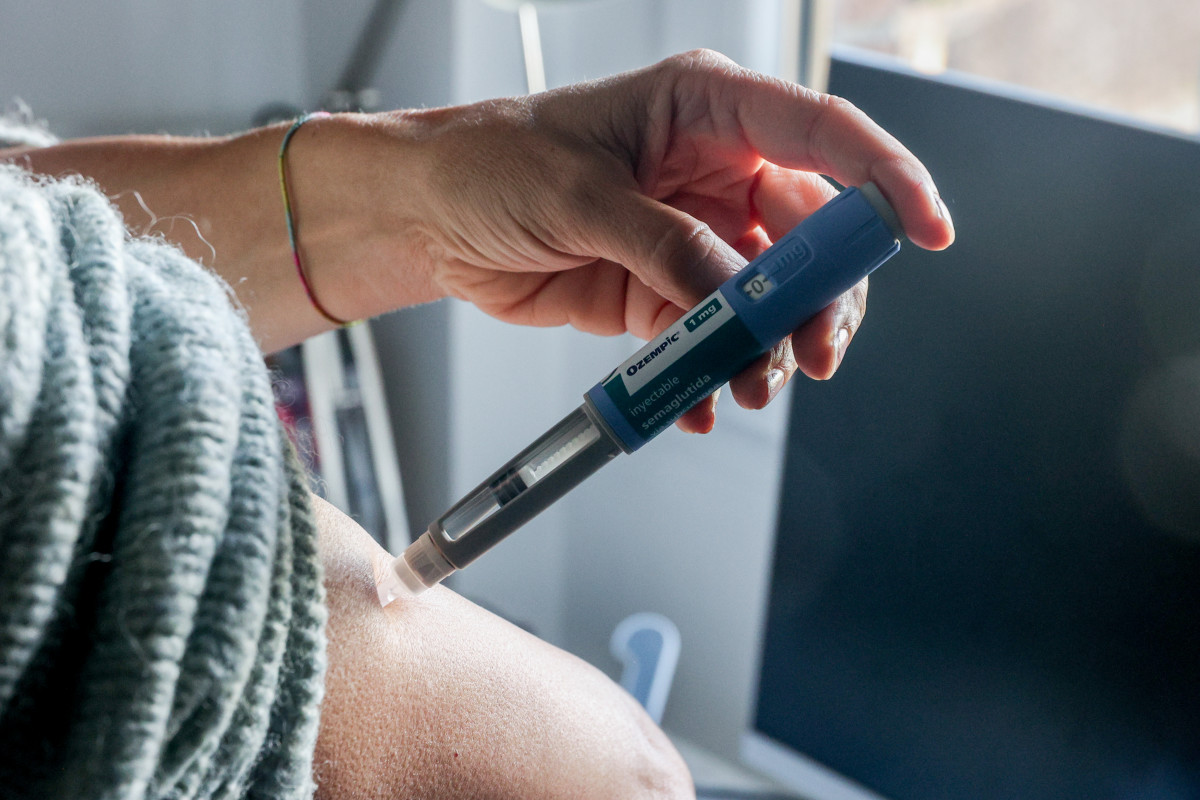Summary
Life Time nutritionist Sam McKinney discusses creatines safety and effectiveness for cognitive and physical benefits, including heart and bone health.
Source: Fox News

AI News Q&A (Free Content)
Q1: What are the known cognitive and physical benefits of creatine supplementation according to recent studies?
A1: Creatine supplementation is recognized for its benefits in enhancing cognitive functions and physical health. It facilitates the recycling of adenosine triphosphate (ATP) in muscle and brain tissues, which is crucial for energy production. Recent studies have shown that creatine plays a role in improving memory and intelligence in healthy individuals. Additionally, it supports muscle mass growth and recovery, making it popular among athletes and those involved in resistance training.
Q2: How does creatine contribute to heart health and bone health, and what does recent research suggest?
A2: Creatine has been linked to improved heart health by enhancing cardiac energy metabolism. It helps in reducing the incidence of heart failure and improves heart function. For bone health, creatine supplementation has been shown to increase bone mineral density, which is beneficial in preventing osteoporosis. Research suggests that creatine, by improving muscle mass and physical performance, may indirectly support bone health through increased physical activity levels.
Q3: What recent advancements have been made in the imaging techniques for studying creatine's effects on the heart?
A3: Recent advancements in imaging techniques, such as cardiac CEST-MRI, have improved the study of creatine's effects on the heart. These imaging methods allow for the non-invasive assessment of cardiac metabolism and function, providing insights into how creatine and other metabolites affect heart health. These techniques have demonstrated that creatine supplementation can enhance cardiac energy metabolism, which is crucial for patients with cardiac conditions.
Q4: What are the potential risks or deficiencies associated with creatine, particularly in relation to cerebral creatine deficiency syndromes?
A4: Cerebral creatine deficiency syndromes are genetic disorders that affect creatine synthesis and transport, leading to intellectual disabilities and developmental delays. These conditions highlight the importance of creatine in brain development and function. Individuals with these syndromes often require creatine supplementation or other interventions to manage symptoms. The risks associated with creatine supplementation in healthy individuals are minimal, but excessive intake can lead to gastrointestinal discomfort and kidney strain.
Q5: What is the impact of creatine supplementation on aging, particularly regarding brain and heart health?
A5: Creatine supplementation is thought to have anti-aging effects by supporting brain and heart health. It helps in maintaining cognitive function and reducing the risk of neurodegenerative diseases by enhancing mitochondrial function and reducing oxidative stress. Additionally, creatine supports heart health by improving cardiac function and reducing the risk of heart disease. These benefits make it a promising supplement for older adults seeking to maintain cognitive and cardiovascular health.
Q6: How does creatine supplementation affect muscle recovery and performance in athletes?
A6: Creatine supplementation is widely used among athletes for its ability to enhance muscle recovery and performance. It increases phosphocreatine stores in muscles, which helps in the rapid production of ATP during high-intensity activities. This leads to improved strength, power, and endurance, allowing athletes to train harder and recover faster. Studies have consistently shown that creatine supplementation can lead to significant gains in muscle mass and strength.
Q7: Are there any recent studies exploring the effects of creatine on metabolic health, and what are their findings?
A7: Recent studies have explored the effects of creatine on various aspects of metabolic health, including its role in glucose metabolism and insulin sensitivity. Creatine supplementation has been shown to enhance glucose uptake in muscle cells, potentially benefiting individuals with insulin resistance or type 2 diabetes. Additionally, it has been suggested that creatine may help in reducing body fat and improving body composition, contributing to overall metabolic health.
References:
- Creatine - Wikipedia
- Ungated, plug-and-play preclinical cardiac CEST-MRI using radial FLASH with segmented saturation
- Rosette spectroscopic imaging for whole-brain metabolite mapping at 7T: acceleration potential and reproducibility
- Cerebral creatine deficiency - Wikipedia



![[Kochi Prefecture Shimanto City] A comprehensive guide to accommodations in Shimanto City! List of accommodations! 2 28 169451](https://consumers.app/wp-content/uploads/2025/10/28-169451.webp)


